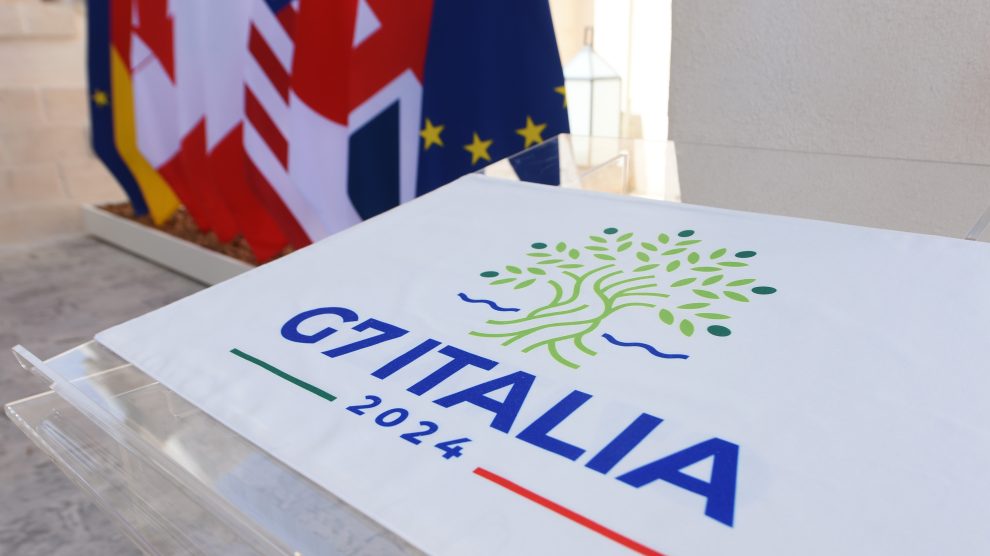Strategic impetus. Italy has harnessed its 2024 G7 presidency to drive deeper collaboration among national cyber agencies, embedding cybersecurity into the G7 Leaders’ Declaration and establishing a permanent G7 Cybersecurity Working Group.
- This initiative underpins a broader strategy to counter hybrid threats by uniting information-sharing, joint exercises and capacity-building across leading democracies.
- In the preface to the National Cybersecurity Agency (ACN)’s 2024 report, Undersecretary Alfredo Mantovano emphasised that “global challenges demand global responses,” highlighting strong support from partner nations for Italy’s leadership.
- In Binding Hook, ACN officials Massimo Marotti, Matteo E. Bonfanti and Giovanni Faleg praised the Working Group for creating “a new way for like-minded cybersecurity frontrunners to work together”.
Inaugural meeting. Convened in Rome on 16 May 2024 under ACN Director-General Bruno Frattasi, the Working Group brought together G7 national cyber agencies, the European Commission, ENISA and deputy national security advisers from the US and Japan.
- Two core streams: security of critical infrastructure (with an initial focus on the energy sector) and cybersecurity of artificial intelligence, later subdivided into AI supply-chain security and protection against malicious generative AI.
- An AI Software Bill of Materials (SBOM) framework—akin to an airport scanner—was developed to enhance transparency and risk management throughout the AI lifecycle.
Bilateral and multilateral links. In 2024, the National Cybersecurity Agency signed memoranda of understanding with counterparts of Australia, Japan and Canada to share threat intelligence and coordinate incident response.
- Through the EU Cybersecurity Strategy, Rome has championed aligning CERT operations and joint exercises under the EU-CERT Network.
- Quarterly bilateral drills now rotate among G7 capitals, covering live-fire APT simulations and red-team assessments.
Capacity-building and standards. In 2024, the National Cybersecurity Agency championed initiatives to standardise training and certifications for cyber personnel across the G7, aiming to:
- Align minimum skill requirements for analysts and incident responders.
- Share curricula on cutting-edge tactics, such as AI-driven threat detection.
- Develop mutual assistance pacts for surge support during large-scale attacks.
Beyond the G7. Italy has engaged NATO’s Cooperative Cyber Defence Centre of Excellence and ENISA to integrate these frameworks into broader coalitions, extending robust cyber norms across the Atlantic and into the Indo-Pacific.
Domestic threat landscape. According to the ACN’s 2024 report, 1,979 cyber events were recorded (+40% vs. 2023), of which 573 confirmed incidents (+89%).
- 2,734 organisations were impacted, prompting over 53,000 alert advisories.
- The pro-Russian collective NoName057(16) claimed roughly 500 DDoS attacks against public and private-sector networks.





